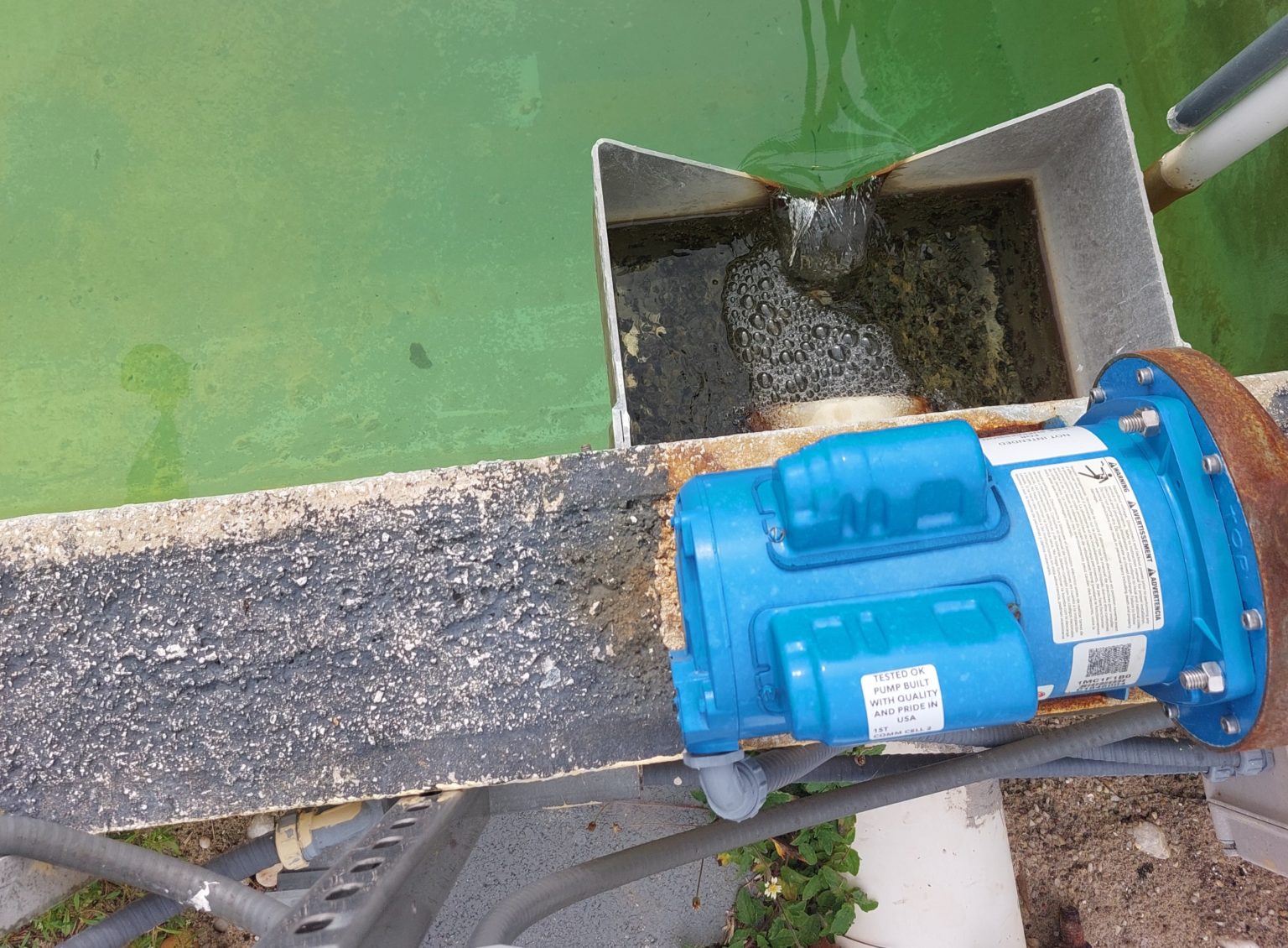How much should you write?
One of the essential water and wastewater treatment plant components is the Operations and Maintenance (O&M) logbook. It is also one of the least understood by most operators. In this article, we will lay out the minimum requirements and other items to include.
The most important reason for an O&M logbook, besides the fact it is required, is it’s a legal document that can be used as evidence in a
court of law proceeding. Enough information should go in to show what tasks you performed while at the plant. As far as the law is concerned, you did not do it if it is not in the logbook. A logbook also provides a communication link between operators. If a new operator is assigned to the plant, they should read previous pages in the logbook to get a good feel for what is typically done at the plant and how the treatment process has been running. The logbook is also a reference for operators to go back to see when maintenance was last performed or what adjustments were made the last time an “upset” condition happened. There are some communications, though, that should not be in the logbook. No one should use the logbook for personal communications or off-the-record communications. Instead, use memos or post-it notes.
DEP requires the following at a minimum:
- Identification of the plant
- The signature and license number of the operator making any entries
- Date and time in and out of plant
- Description of specific plant operation and maintenance activities, including any preventive maintenance or repairs made or requested
- Results of tests performed and samples taken, unless documented on a laboratory sheet.
- Notation of any abnormal event or non-compliance item which was reported as required in rule 62-602.650(3), FAC
Remember, this is just the minimum required. Other items to consider recording would be plant adjustments (i.e., air, RAS, chlorine feed, etc.), weather, housekeeping like cleaning weirs, if plants looked normal, any abnormalities such as odors or noise, and any equipment malfunctions.
It is also good practice to list all the operators by name who make entries, followed by their signature and license number, so the DEP inspector knows who made the entry. This should be done on the inside cover of the logbook. Please also remember that the book is used as a law document and a valuable reference for other operators; therefore, make sure your entries are legible and neat.
Finally, because it is a legal document, never tear a page out or use white-out when mistakes are made. If you wish to redact any written information, you must cross out the words and initial after the redaction. Also, always use a black or blue ink pen. Pencils should never be used due to the possibility of erasing.
DEP requires a logbook to be hardbound with pre-printed numbered pages. When all the pages are complete, keep the completed log with the new logbook until a full three months are conducted in the new book. Old logbooks should be filed the same way all the other plant reports are filed.
Remember, the logbook is essential, and required data should be entered at EVERY visit to the plant.




